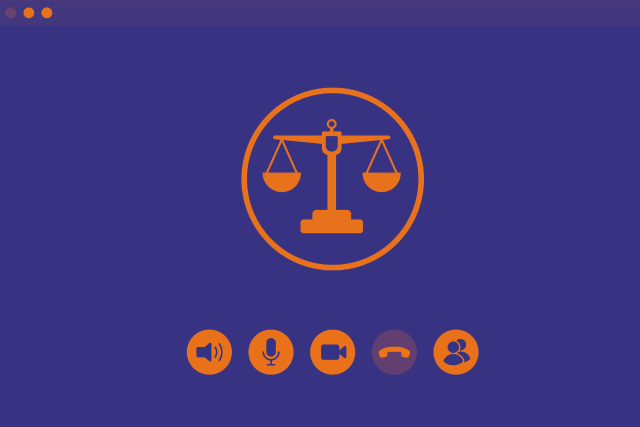
Technology has the potential to speed up the criminal process and reduce the burden on victims, witnesses, and the accused. Digital tools like remote hearings and video-recorded pretrial interviews can improve safety, support vulnerable participants, preserve witness memories, and reduce costs, especially in cross-border cases. However, concerns have been raised about fairness, the stress and cognitive load it may place on legal professionals, and potential negative impacts on communication between participants, affecting their sense of being truly heard. While some studies suggest that technology can help vulnerable witnesses, such as young victims, feel less stressed, there are findings indicating that judges may be biased toward live testimony over remote statements.
In many countries, video-recorded interviews are becoming more common in court to improve the quality of evidence, decrease the risk of re-traumatization, and reduce false confessions. Practices vary across Europe, and children may still face stressful in-person appearances. To protect their rights, it's crucial that interviews be conducted in a victim-friendly manner and that professionals are well-trained in handling such sensitive cases.
The ultimate goal of the E-ViVi project is to strengthen access to justice and uphold a standard of respect for all parties — suspects, victims, and witnesses — both adults and children — in the criminal justice process.
By expanding knowledge around the use of remote hearings and recorded pretrial investigations as evidence in court, the project aims to develop best practice guidelines for justice actors to ensure that digital measures are used in a safe and evidence-based way. Remote hearings can reduce stress for parties, ensure swifter proceedings, and eliminate the need for travel. The use of video-recorded pretrial interviews as evidence helps prevent retraumatization of victims, who no longer need to testify again in court.
At the same time, care must be taken to ensure that remote hearings do not infringe upon the procedural rights of suspects or their right to legal aid. The project focuses specifically on how the increasing digitalization of criminal proceedings affects the encounters and hearings of parties, and how the capacity of criminal justice actors can be strengthened in this context.
Specific project objectives
• Establish concrete best practice recommendations based on assessments of existing efforts in the EU by collecting practitioners' experiences and summarizing research on the use of video-recorded interviews of parties (including victims, witnesses, and suspects; children and adults) and remote hearings in court;
• Strengthen the capacity of key criminal justice professionals to make the best use of video-recorded and online evidence, while ensuring respect for the rights of victims and the procedural rights of suspects (both children and adults);
• Increase international exchange of best practices through dissemination activities.
Planned project outputs:
• European best practice recommendations for remote hearings in court with adult parties;
• Protocol and guidance for interviewing child suspects;
• Guidance for lawyers on how to ensure effective protection of procedural safeguards for child victims and suspects;
• Legal summary of obligations on video recording of child testimonials;
• Ground rules for remote court hearings of children;
• Summary of best practices on video recording child interviews with victims and witnesses.
As the two-year project nears its conclusion, we will develop online training courses and host national and international webinars to share our publications.
Contact project coordinator Julia Korkman ([email protected]) and Anni Lietonen via ([email protected]) for more information. We are happy to explore possibilities for cooperation with experts and practitioners in the field of remote hearings.
Project partners' contacts:
Dorris de Vocht, [email protected], Tilburg University
Shawnna von Blixen-Finecke, [email protected], Barnahus Network
Laura Ervo, Professor, Faculty of Law, University of Helsinki
Lisa Flower, [email protected], Department of Sociology, Faculty of Social Sciences | Lund University

This project is co-funded by the European Union.
Views and opinions expressed are however those of the author(s) only and do not necessarily reflect those of the European Union or JUST program. Neither the European Union nor the granting authority can be held responsible for them.









